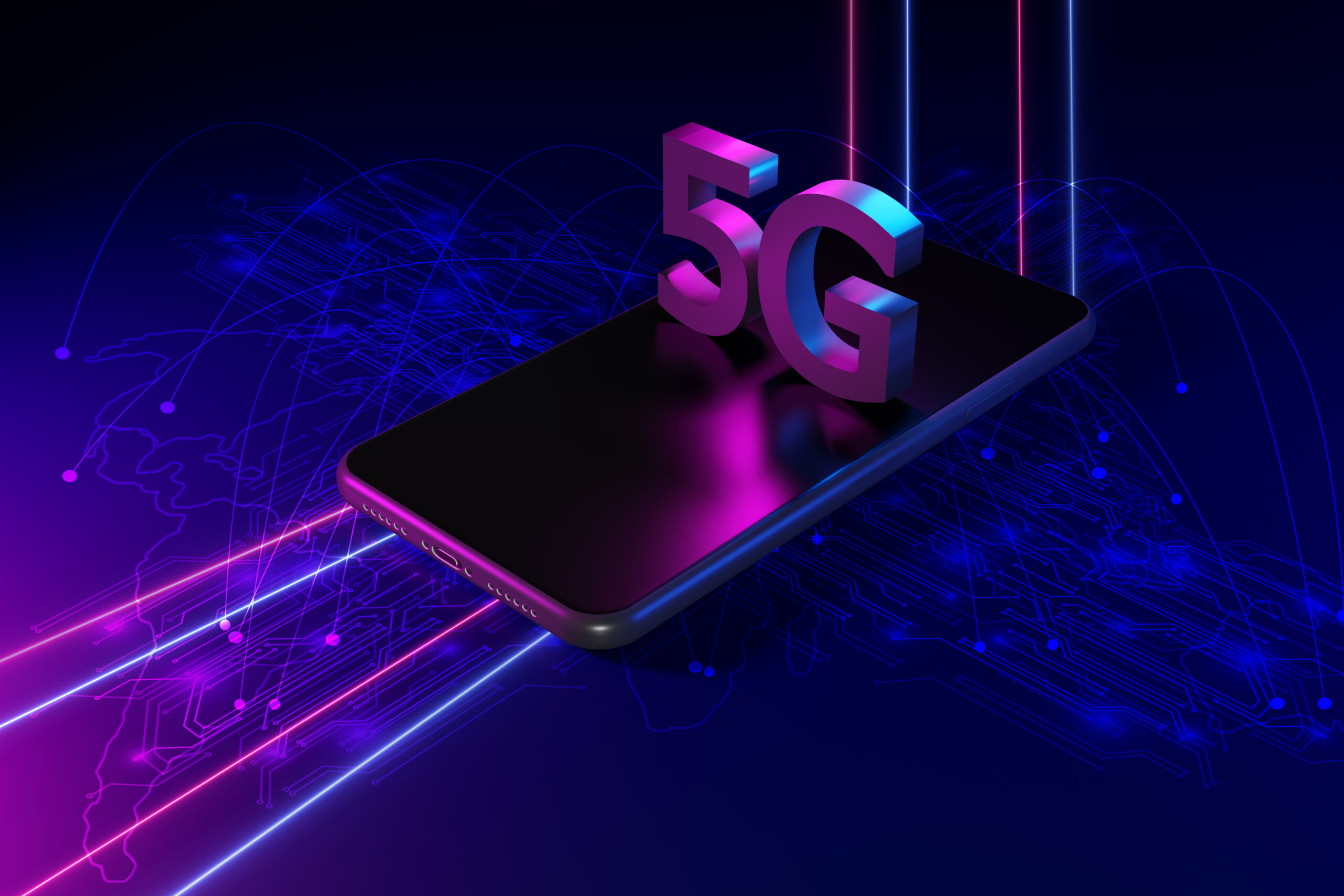A2102 Insights
Explore the latest trends and news on technology, lifestyle, and more.
5G: Your Ticket to the Future of Connectivity
Discover how 5G will revolutionize your digital life and unlock limitless connectivity opportunities for the future! Don't get left behind!
Understanding 5G: How It Will Transform Your Everyday Life
The advent of 5G technology is set to revolutionize our everyday lives in ways we've only begun to imagine. From lightning-fast download speeds to ultra-reliable low-latency connections, 5G promises to enhance activities such as streaming high-definition videos and experiencing immersive virtual reality environments. The potential applications of 5G span various sectors, including healthcare, transportation, and entertainment, offering a wealth of opportunities for innovation. For example, remote surgeries will become more feasible with the improved connectivity, enabling doctors to operate from miles away.
Moreover, 5G will lay the groundwork for the Internet of Things (IoT), connecting billions of devices seamlessly. Imagine a world where your smart home communicates more efficiently, with everything from refrigerators to thermostats interacting in real-time to optimize energy use and enhance convenience. As cities evolve into smart infrastructures, we can expect improved traffic management, enhanced public safety, and a significant reduction in environmental impact. The transition to 5G is not just about faster connections; it represents a profound shift in how we interact with technology and each other.

Is 5G Safe? Debunking Myths and Concerns
The advent of 5G technology has sparked numerous debates and discussions regarding its safety. Many misconceptions have arisen, primarily fueled by misinformation and a lack of understanding of electromagnetic fields. To debunk these myths, it's crucial to reference credible sources. According to the World Health Organization, there is currently no evidence that 5G technology poses a health risk when operating within the guidelines set by international safety standards. This finding aligns with extensive research conducted over the years, exploring the effects of radiofrequency exposure on human health.
Concerns about 5G safety often stem from fears about increased exposure to electromagnetic radiation. However, it's important to note that the U.S. Food and Drug Administration (FDA) states that the levels of radiofrequency energy emitted by 5G devices are akin to those used in previous generations of mobile technology. Furthermore, the International Commission on Non-Ionizing Radiation Protection confirms that, when properly deployed, 5G antennas will operate within established safety limits. Thus, it's essential to distinguish fact from fiction and rely on verified information when evaluating 5G safety.
The Future of Connectivity: What 5G Means for Smart Cities and IoT
The advent of 5G technology is set to revolutionize the concept of smart cities and the Internet of Things (IoT). With its lightning-fast data transfer speeds and ultra-reliable low latency, 5G enables seamless communication between billions of connected devices. This connectivity empowers cities to optimize their infrastructure, enhance public safety, and streamline resource management.
For instance, smart traffic management systems can adjust signals in real-time to reduce congestion and improve air quality. Furthermore, the integration of 5G with IoT applications creates vast opportunities for data collection and analytics, leading to more informed decision-making. As cities evolve into smarter ecosystems, the importance of 5G in fostering innovation cannot be overstated.